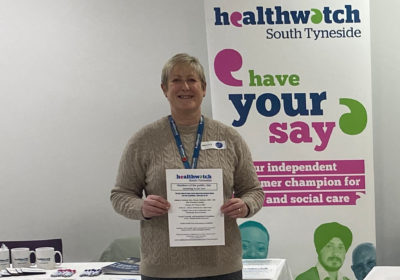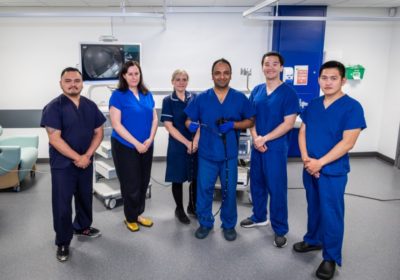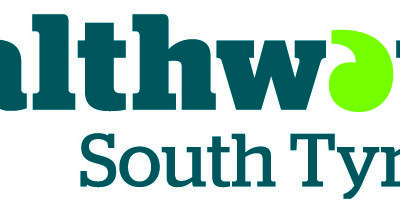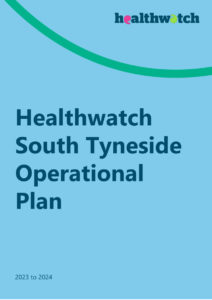 Healthwatch South Tyneside has just published its Operational Plan, which sets out its priorities for 2023-24.
Healthwatch South Tyneside has just published its Operational Plan, which sets out its priorities for 2023-24.
And following the experience of Covid-19, which has exposed existing inequalities in health and care services, Healthwatch has targeted these three areas for detailed research programmes during the next 12 months.
Dentistry
Feedback received by Healthwatch has revealed patient concerns around the inability to register as an NHS patient with dental practices, websites being out of date and saying they are accepting NHS patients when they aren’t, and inadequate advice provided to people seeking help – particularly with emergency appointments and 111 services. Healthwatch will work with the Dental Association and approach local dental practices to discuss issues raised and look to identify areas to improve communication with people needing dental care. It will also conduct a patient survey and hold focus groups.
GP access
Carrying on from work last year and a recently published report which highlighted patient concerns around access to appointments and customer service, over the next 12 months Healthwatch will undertake further research to identify both ‘hot spots’ of concern and examples of best practice to share.
Care in the Community
Following the introduction of a new four zone framework for the provision of care in the community in the borough, Healthwatch is to investigate whether carers visit when they say they will and establish the current status on staffing given recent high turnover. Work will include meetings with care providers and, in collaboration with South Tyneside Social Services, survey care in the community users.
Healthwatch will prioritise the so-called ‘seldom heard’ communities including the homeless, those families most affected by the cost-of-living crisis and Black and Minority Ethnic communities in South Tyneside for direct feedback.
All findings and recommendations for each area of work will be reported to commissioners and providers of services and shared with the wider general public.
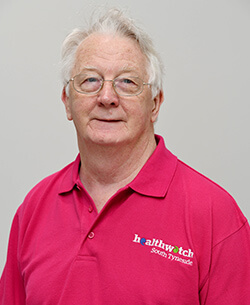 Arthur McKean (pictured), Interim Chair of Healthwatch South Tyneside, said: “Covid-19 has shone a stark light on the impact of existing inequalities when using health and care services, highlighting the importance of championing the voices of those who all too often go unheard.
Arthur McKean (pictured), Interim Chair of Healthwatch South Tyneside, said: “Covid-19 has shone a stark light on the impact of existing inequalities when using health and care services, highlighting the importance of championing the voices of those who all too often go unheard.
“Over the coming year, our goal is to help reduce these inequalities by making sure the voice of patients is heard, and decision makers reduce the barriers they face, regardless of whether that is because of where they live, their income or their race.
“We will do this by continuing to undertake detailed research to get to the heart of the issues facing those using local health and care services, and report back to those who commission and deliver services with feedback and recommendations.”
Every local authority in England has a Healthwatch, working with users of local NHS and social care services to hear about their experiences, identify any issues or problems and help generate improvements. Healthwatch also assists commissioners and providers of healthcare services by conducting patient surveys, visiting healthcare venues and attending meetings with user groups and feeding back our findings in regular reports.
Healthwatch South Tyneside has the power to ‘enter and view’ services, influences how services are set up and commissioned by having a seat on the local health and wellbeing board, produces reports which influence the way services are designed and delivered, and information, advice and support about local services. It also passes information and recommendations to Healthwatch England and the Care Quality Commission.
For more information visit healthwatchsouthtyneside.co.uk or download the Operational Plan.

